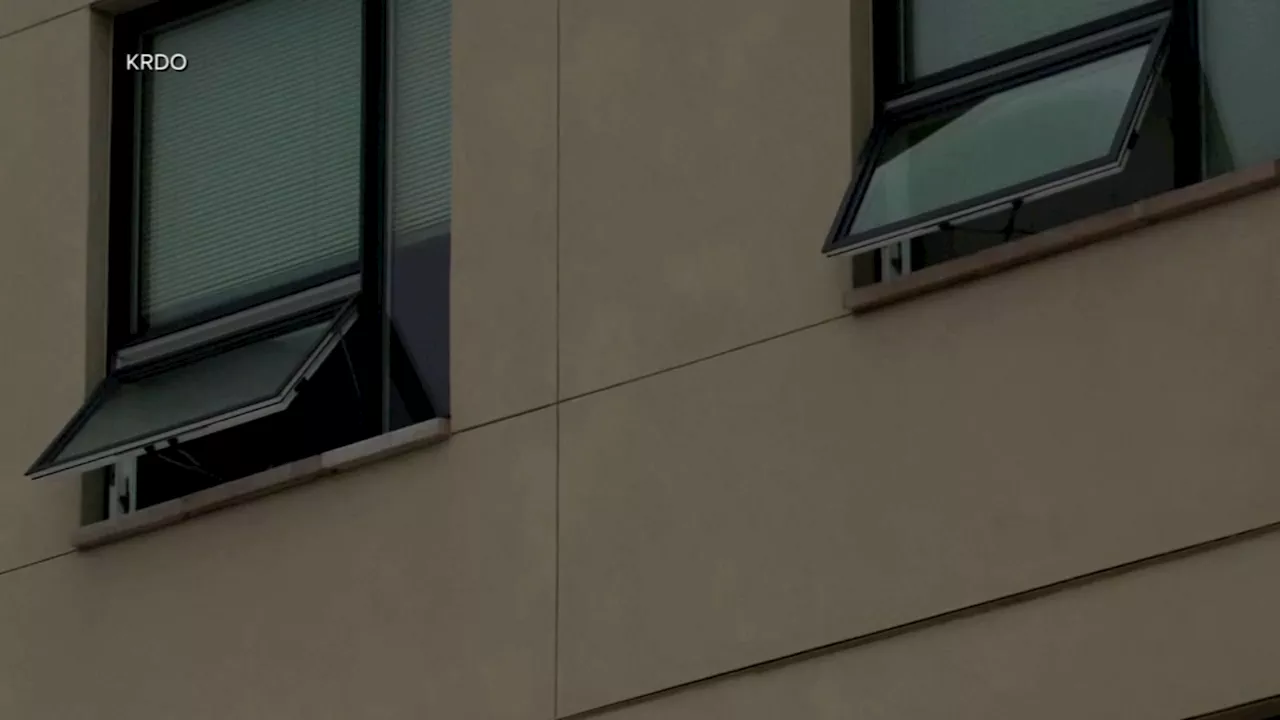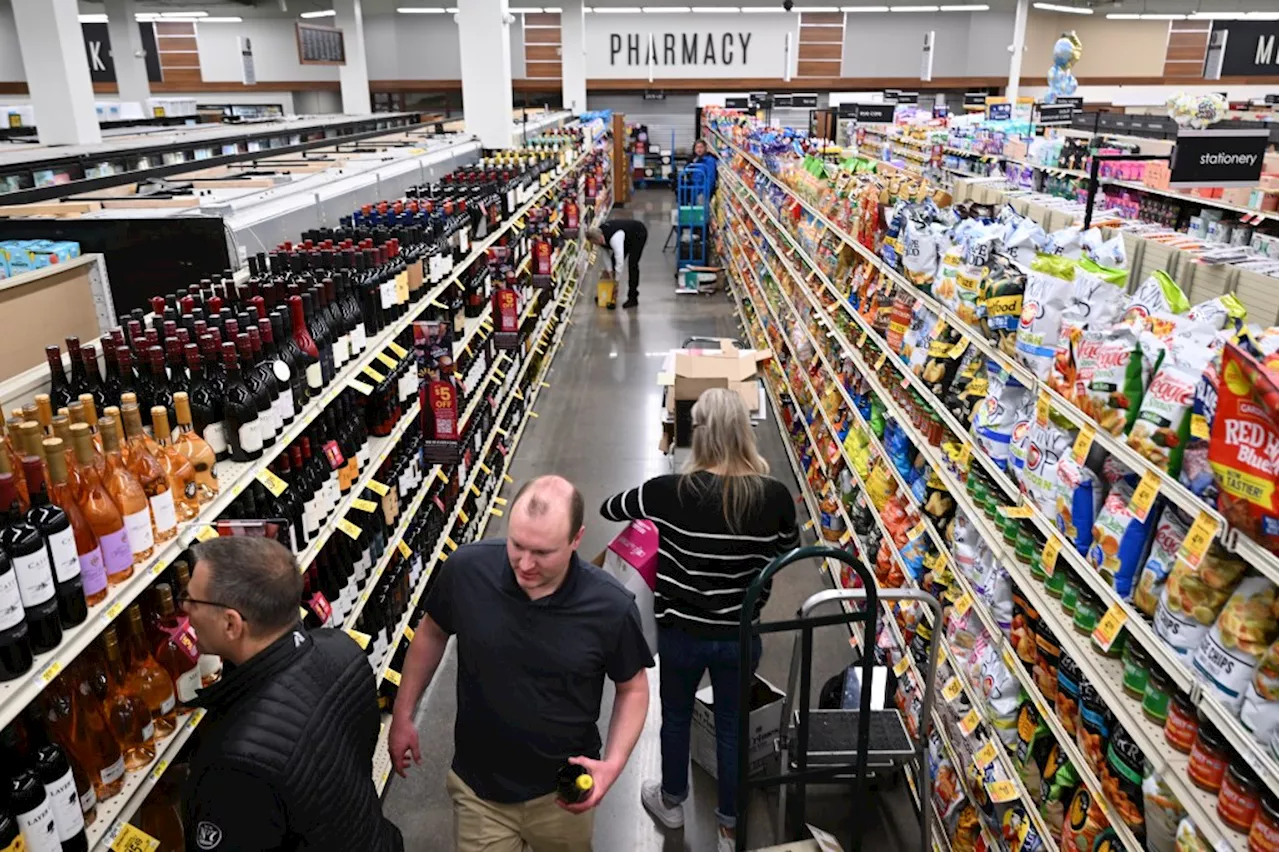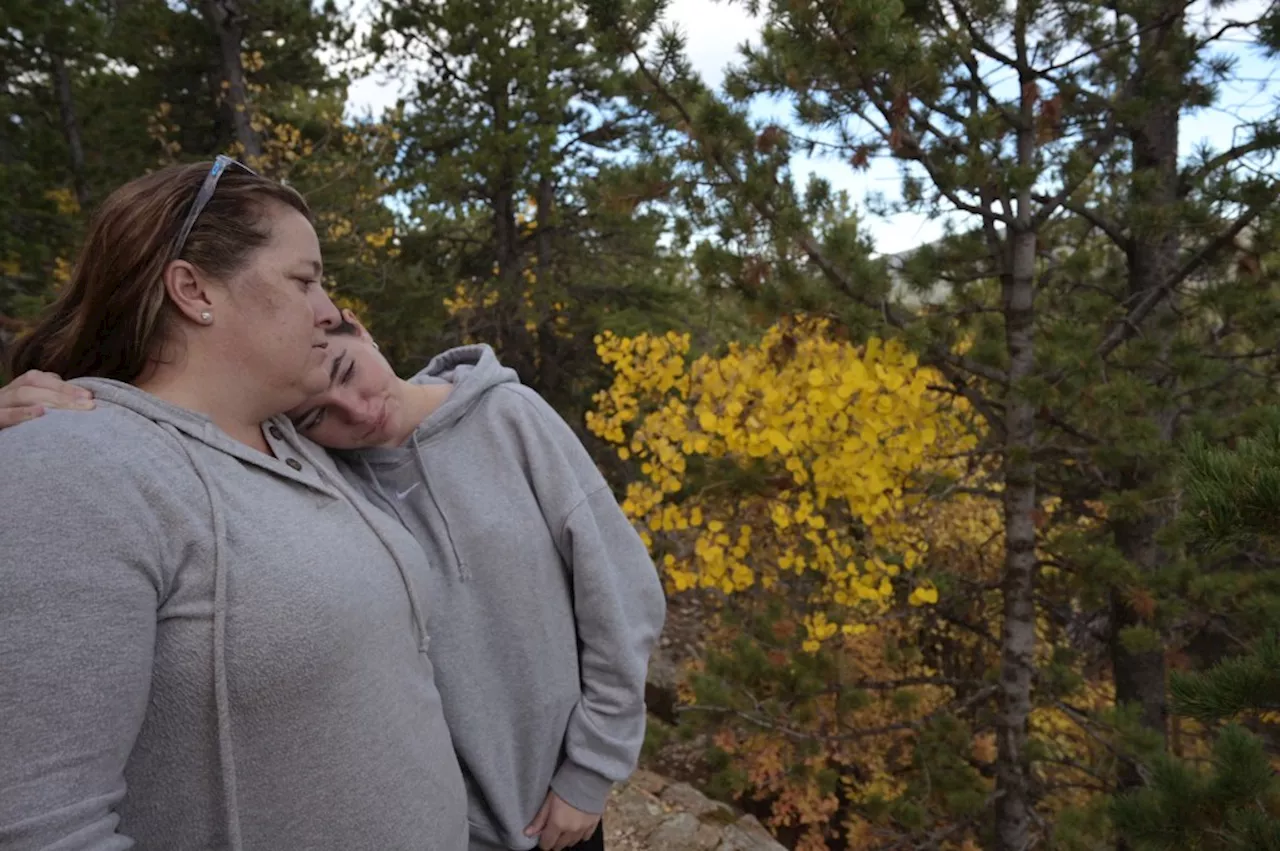Alcohol treatment is relatively available in Colorado, with 503 treatment programs in the state, but families dealing with addiction or alcohol-use disorder are having trouble finding them.
Warren Musselman at his home workshop, where he produces custom carpentry and cabinets, on Oct. 3, 2023, in Lyons. Musselman went through detox 27 times before quitting alcohol long-term.
There’s a pressing need for more people to find suitable treatment in Colorado, which has one of the highest rates of alcohol-related deaths in the country. The number of people dying in the state from causes related to drinking spiked more than 60% from 2018 to 2021, before falling slightly in 2022. When researchers count those who died of long-term conditions linked to alcohol — liver disease, certain cancers — drinking killed more Coloradans than opioid overdoses.
Despite those resources, people who are concerned about their own drinking or a loved one’s don’t always know where to turn. Treatment options may not meet patients’ preferences, aren’t easily accessible in certain parts of the state, or don’t necessarily accept all forms of insurance, including Medicare and Medicaid.
Warren Musselman works in his home workshop in Lyons on Oct. 3, 2023. Musselman participated in detox programs 27 times before he was able to quit alcohol long-term. Many of the people who spoke to The Post about their experience seeking treatment for alcohol-use disorder didn’t want their full names published, saying they were worried about personal and professional consequences if more people knew about their history.
By law, insurance companies have to offer an exceptions process for situations when needed care isn’t available at an in-network facility, said Kate Harris, chief deputy commissioner for life and health policy at the Colorado Division of Insurance. That process should allow the patient to pay no more than they would if they’d gotten care at a facility that had contracted with their insurance, though patients don’t always know they have the option, she said.
While those services aren’t as easy to set up as 12-step meetings, at least some of them should be available from most mental health providers, she said.Tracy, of Denver, said she never drank habitually, but noticed when she did go out or drink at work events that she’d end up consuming more than she wanted to. She said Alcoholics Anonymous worked for her because the principles of the 12 steps were also good for her job and family life.
“An important factor is how much a patient buys into a treatment and believes it will help,” she said. “Generally, hope is predictive of a good outcome.” Lehti did get one proven therapy that’s underused, though: His primary care doctor prescribed naltrexone, which reduces cravings, and disulfiram, which reacts with alcohol to produce unpleasant symptoms.
“The same way they always take your blood pressure, they should do a brief screening for your substance use,” he said., but not all providers do, and some don’t know what to do if a patient describes excessive alcohol use, said Dr. James Besante, chief medical officer at Santa Fe Recovery Center in New Mexico. Less than 10% of the estimated number of people nationwide who have an alcohol-use disorder get treatment any given year, he said.
“They would be discharged after we would treat them for withdrawal, and before long they would be back,” he said. “He told us and the doctors he had a goal to stay alive until his kids finish high school,” which is two years away, she said. She’s not sure if he’ll make it. It wasn’t feasible to take a week off her job, so the plan was to go through detoxification at home, with medication to prevent dangerous complications. She now takes a different medication to reduce alcohol cravings, and said getting quick treatment that took her situation into account helped her to move into recovery.
“With the medications we have now, alcohol-use disorder is extremely treatable,” he said. “People really should be encouraged.”
United States Latest News, United States Headlines
Similar News:You can also read news stories similar to this one that we have collected from other news sources.
 Colorado parole violations plunge 50% in 6 years as penalties lessen for drug, alcohol useParole violations in Colorado have dropped by more than 50% over the last six years, driven by sweeping declines in technical violations around drug and alcohol use.
Colorado parole violations plunge 50% in 6 years as penalties lessen for drug, alcohol useParole violations in Colorado have dropped by more than 50% over the last six years, driven by sweeping declines in technical violations around drug and alcohol use.
Read more »
 2 found shot dead in dorm room at University of Colorado - Colorado Springs: authoritiesTwo people were found shot dead in a dorm at the University of Colorado - Colorado Springs, authorities said.
2 found shot dead in dorm room at University of Colorado - Colorado Springs: authoritiesTwo people were found shot dead in a dorm at the University of Colorado - Colorado Springs, authorities said.
Read more »
 752 Colorado veterans placed in permanent housing in 2023, VA Eastern Colorado Health Care System saysSydney Isenberg is an Emmy-nominated digital content producer with Denver7 (KMGH) in Denver, Colorado. She began her career in Bakersfield, California, after graduating from the Walter Cronkite School of Journalism and Mass Communication at Arizona State University in 2018.
752 Colorado veterans placed in permanent housing in 2023, VA Eastern Colorado Health Care System saysSydney Isenberg is an Emmy-nominated digital content producer with Denver7 (KMGH) in Denver, Colorado. She began her career in Bakersfield, California, after graduating from the Walter Cronkite School of Journalism and Mass Communication at Arizona State University in 2018.
Read more »
 Beer and wine became more widely available in Colorado even as drinking deaths roseColorado voters expanded access to beer and wine as the gradual rise in Colorado’s already high rate of alcohol deaths was accelerating, experts said.
Beer and wine became more widely available in Colorado even as drinking deaths roseColorado voters expanded access to beer and wine as the gradual rise in Colorado’s already high rate of alcohol deaths was accelerating, experts said.
Read more »
 Colorado alcohol deaths surged 60% in 4 years, but there’s been no public outcry or push to save livesThe Denver Post is publishing a four-part series examining why alcohol-related deaths are so common in Colorado and what could be done to save more lives. Many people remain unaware of the full ris…
Colorado alcohol deaths surged 60% in 4 years, but there’s been no public outcry or push to save livesThe Denver Post is publishing a four-part series examining why alcohol-related deaths are so common in Colorado and what could be done to save more lives. Many people remain unaware of the full ris…
Read more »
 Colorado has some of the lowest alcohol taxes and highest drinking deaths. That’s no coincidence, experts say.Excise taxes on beer, wine and spirits in Colorado are some of the lowest in the U.S. But Colorado also taxes alcohol at a significantly lower rate than other “sin” products despite spi…
Colorado has some of the lowest alcohol taxes and highest drinking deaths. That’s no coincidence, experts say.Excise taxes on beer, wine and spirits in Colorado are some of the lowest in the U.S. But Colorado also taxes alcohol at a significantly lower rate than other “sin” products despite spi…
Read more »
